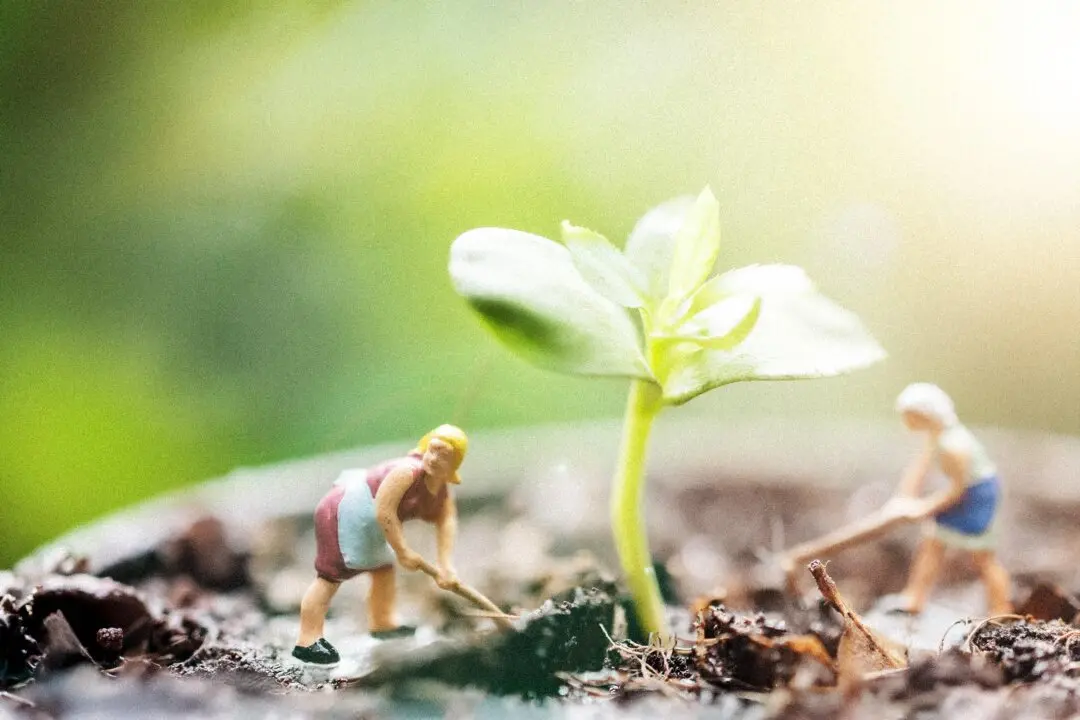Consistent. Predictable. Dependable.
All three words have positive connotations in our culture because of the immense benefits they bring to society and those around us. It’s good to be consistent in your habits, predictable in your behavior, and dependable in your responsibilities. But what about when our daily lives become defined by these same qualities?






